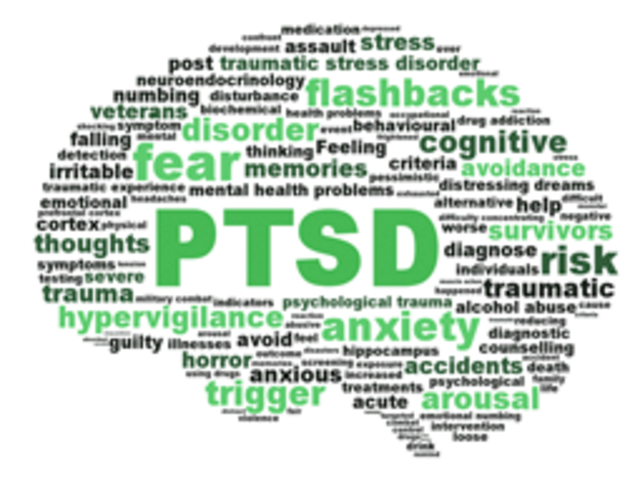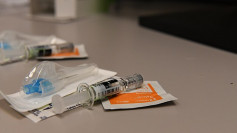A federal advisory committee convened on Tuesday to evaluate the potential of MDMA, commonly known as ecstasy, as a treatment for post-traumatic stress disorder (PTSD). This marks the first time the U.S. Food and Drug Administration (FDA) advisers have considered a psychedelic drug for medical use, a significant shift given MDMA's current classification as a Schedule I substance under the Controlled Substances Act.
The stakes are high, as PTSD affects about 5% of adults in the United States, approximately 13 million people, according to estimates from the National Center for PTSD. Current treatment options, which include antidepressants and specialized cognitive behavioral therapy, are often inadequate for many patients. The novel MDMA treatment developed by Lykos Therapeutics could potentially fill this gap, offering a new avenue of hope for those who have not responded to existing therapies.
Lykos Therapeutics has presented promising data from two late-stage clinical trials. These trials involved approximately 200 participants who underwent a treatment program consisting of three eight-hour sessions where MDMA was administered in the presence of two therapists. These sessions were spaced about a month apart and supplemented with additional therapy sessions. According to the FDA's briefing document, participants showed "rapid, clinically meaningful, durable improvement in their PTSD symptoms."
Despite the encouraging results, the FDA has expressed concerns regarding the interpretation of the data and the overall benefit-risk assessment. The agency highlighted several factors that complicate the analysis, including the potential for bias and safety issues associated with MDMA. The trials were designed to be double-blind, but the hallucinogenic effects of MDMA made it obvious to most participants whether they were receiving the drug or a placebo, potentially skewing the results.
The Institute for Clinical and Economic Review, a nonprofit organization that conducts independent evaluations of medical treatments, also raised concerns about the validity of the trial results, citing biases from the unblinding of the trial and other influences on patient perspectives. Additionally, safety data from the trials indicated "significant increases in both blood pressure and pulse" among participants, and assessments of liver health were incomplete.
Amy Emerson, CEO of Lykos Therapeutics, acknowledged these challenges but emphasized the urgent need for new treatment options. "There's just such an urgent patient need for new treatment options, and we really use that as our guiding light as we develop MDMA-assisted therapy," she said. Emerson reiterated the company's commitment to safety, stating that it would always be top of mind.
The advisory committee's deliberations include presentations from Lykos, the FDA, and public comments. While the FDA usually follows the committee's recommendations, it is not bound to do so. The outcome of this meeting could set a precedent for future psychedelic treatments, with MDMA being the first to reach this stage of the approval process.
Dr. Joshua Gordon, director of the National Institute of Mental Health, noted the significance of this moment. "It's an early but exciting moment. The promise is there, the potential is there, and we just have to find out through careful study and time how impactful these medications will be," he said.
Experts emphasize the importance of continued research and caution against viewing psychedelics as a one-size-fits-all solution. "You need to study it, you need to look at the safety and efficacy profiles of each, and we have to be careful to not treat these things as panaceas or like a magic bullet," Emerson said.
Dr. Rachel Yehuda, director of the Center for Psychedelic Psychotherapy and Trauma Research at Mount Sinai's Icahn School of Medicine, echoed these sentiments. "I hope that the drug gets approved but in a way where it can be made available and monitored in a responsible manner," she said. Yehuda stressed the importance of continuing to ask the right questions and perfecting the treatment.
Dr. Jon Alpert, chair of the American Psychiatric Association's research council, highlighted the need for rigorous regulations and ongoing monitoring. "Any FDA approval of MDMA must be accompanied by rigorous regulations, strict prescribing and dispensing controls, comprehensive patient education, and ongoing monitoring and surveillance systems," the American Psychiatric Association wrote in a letter to the FDA's advisory committee.






